#John Evelyn
Text
Can someone invent time travel so I can go back in time and murder John Evelyn?
46 notes
·
View notes
Text
The writer and diarist John Evelyn used [Lucatello's Balsam] to calm his son Richard when he vomited after choking on a bone
"There, there, son. You were this close to dying, but some turpentine will make it all better."
1 note
·
View note
Text
London's Great Fire
'On 3 September 1666, Evelyn rode from Deptford to Southwark to look at the Fire devouring the city. It would become his ritual for the next few days, his attempt to control the uncontrollable, at least with his eyes.' - Angelina Andreeva
#article posting#history#academia#great fire of london#diaries#john evelyn#london#stuart england#emotions
0 notes
Text
1 note
·
View note
Text
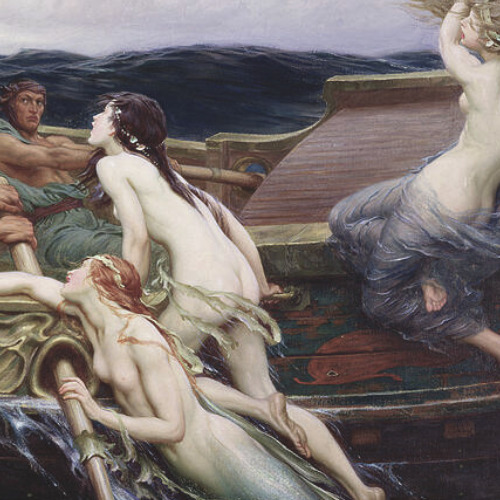

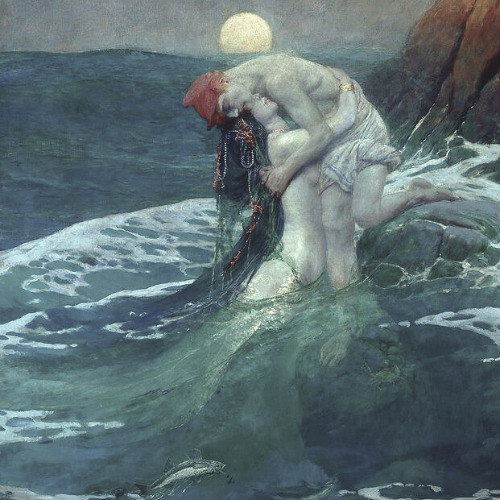
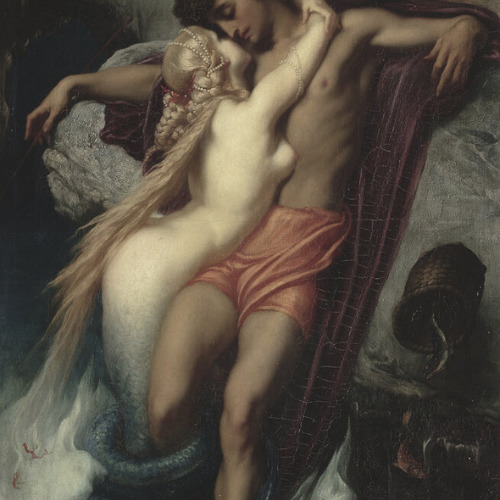
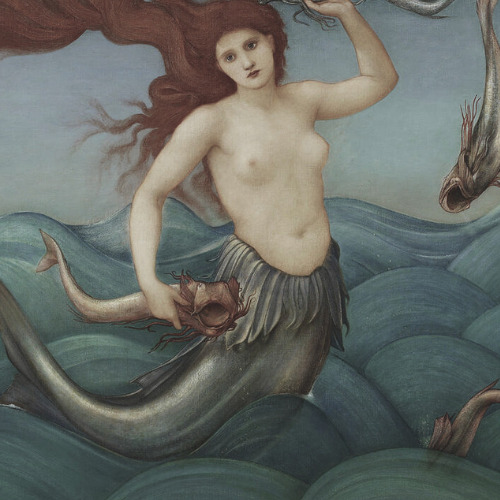

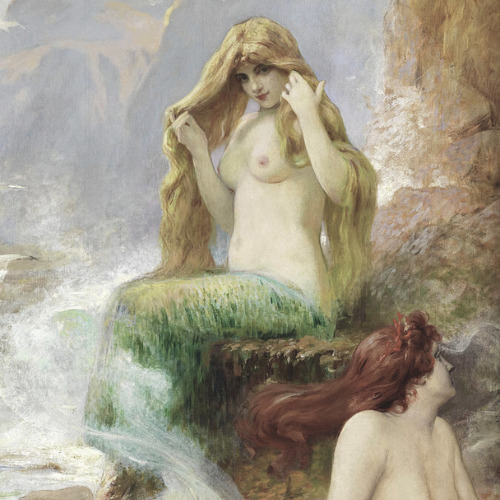
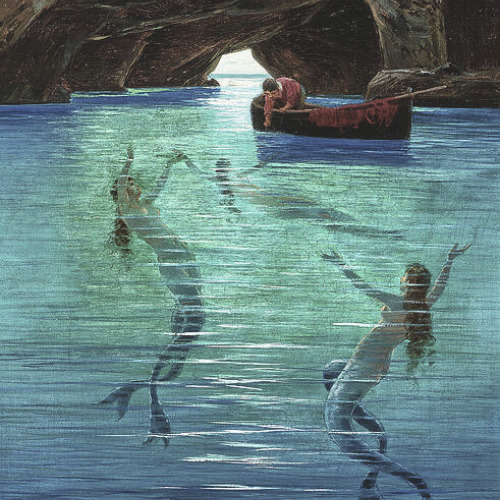

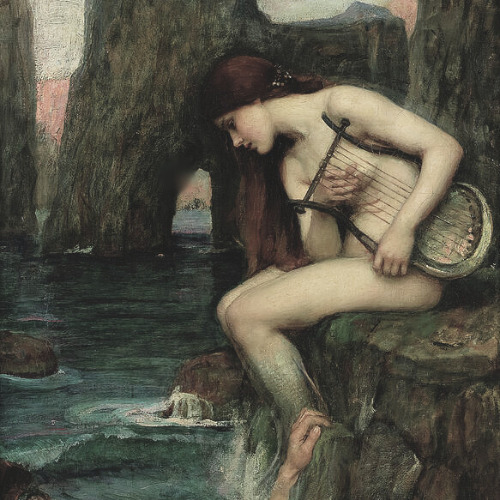
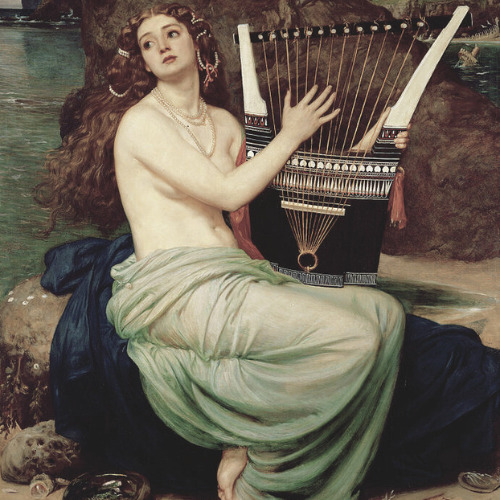


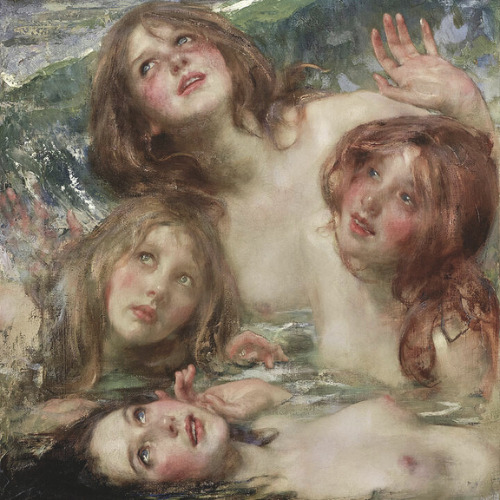
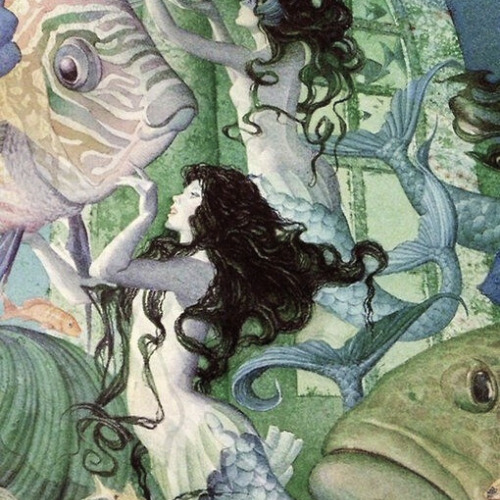
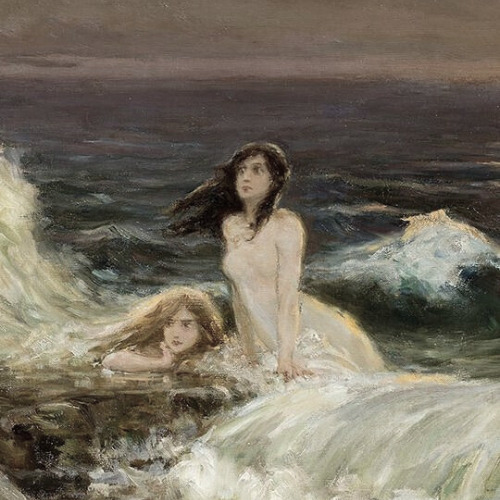

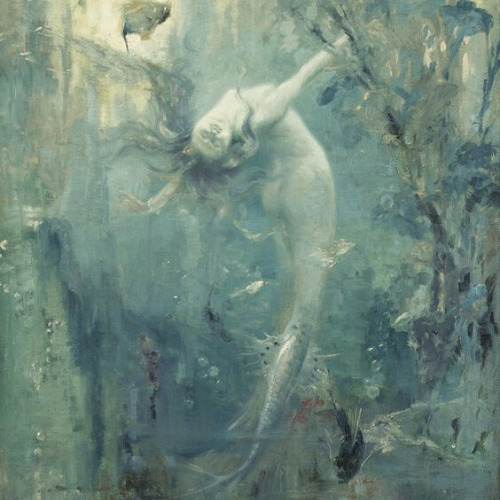

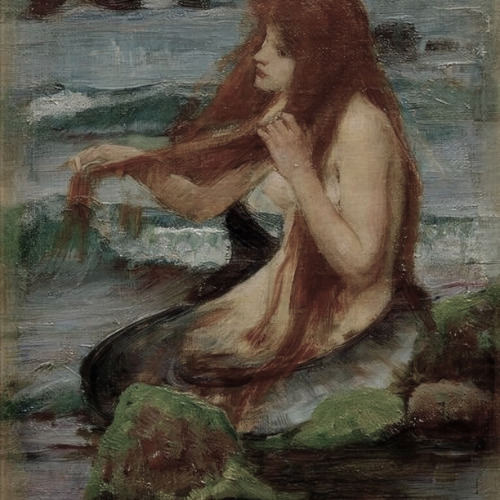

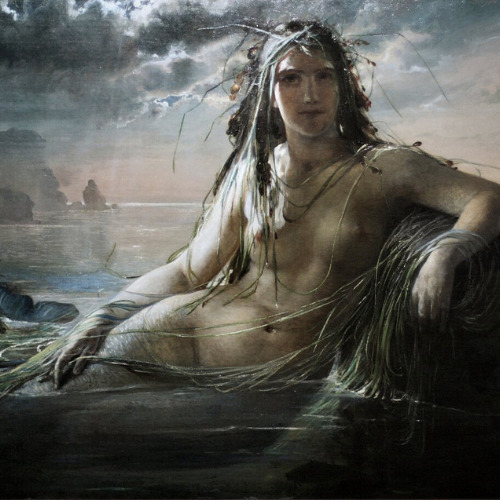
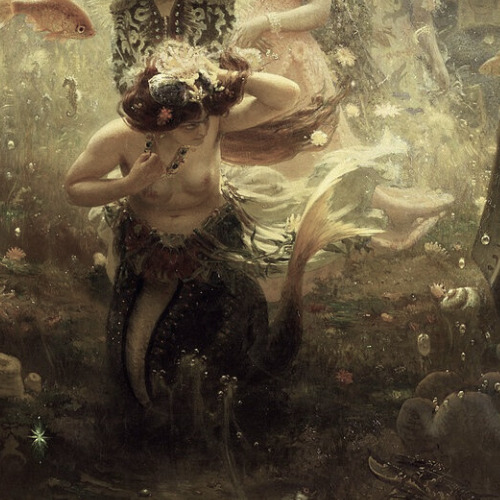

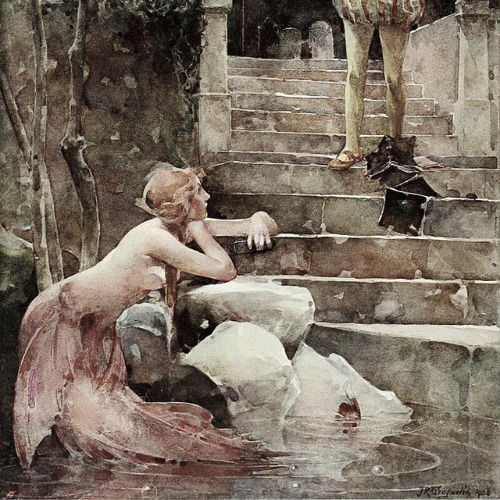


creatures in art: mermaids & sirens
#artist is herbert james draper#artist is john william waterhouse#artist is howard pyle#artist is frederic leighton#artist is edward burne jones#artist is gustav wertheimer#artist is henry paul perrault#artist is hermann corrodi#artist is evelyn de morgan#-artist is john william waterhouse#artist is sir edward john poynter#artist is eilhu vedder#artist is jean-francis auburtin#artist is sir james jebusa shannon#artist is charles santore#artist is wilhelm kotarbinski#artist is unknown#artist is gaston hoffmann#artist is ferdinand leeke#artist is john william waterhouse--#artist is edward frederick brewtnall#artist is elisabeth jerichau-baumann#artist is llya repin#artist is john collier#artist is john reinhard weguelin#artist is e.s hardy#artist is unknown-#art history#art#artedit
2K notes
·
View notes
Text

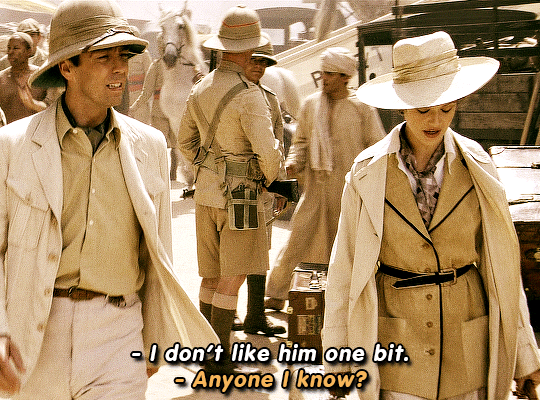
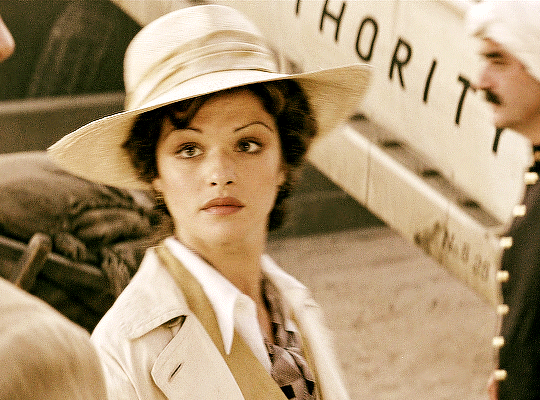
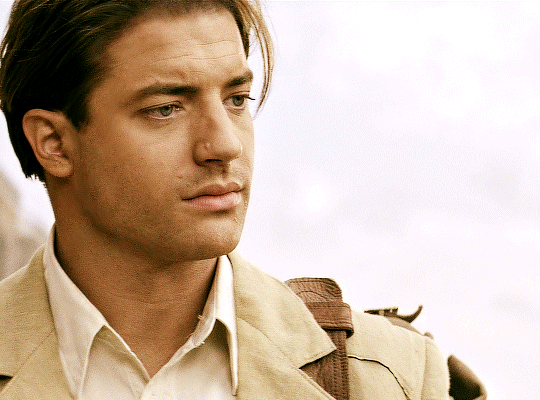
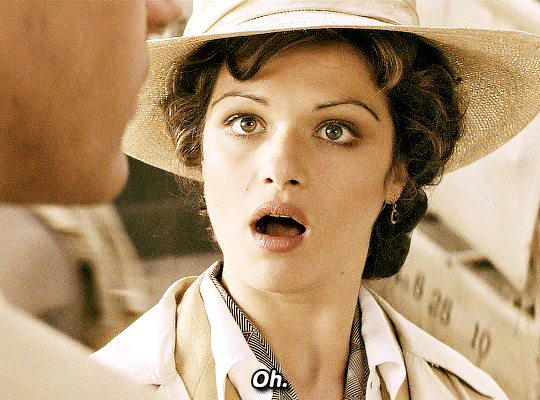
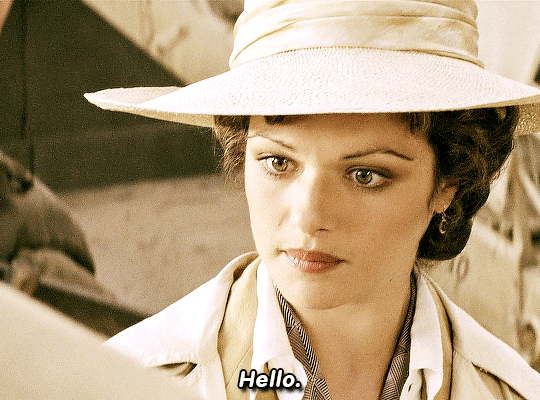
He may be a cowboy, but I know the breed.
His word is his word.
#brendan fraser#rachel weisz#evelyn carnahan#rick o'connell#The Mummy#john hannah#fyeahmovies#filmedit#userfilm#cinemaspam#movieedit#dailyflicks#filmgifs#cinemapix#the mummy 1999#mummy1#catronac7#my gifs*
1K notes
·
View notes
Text


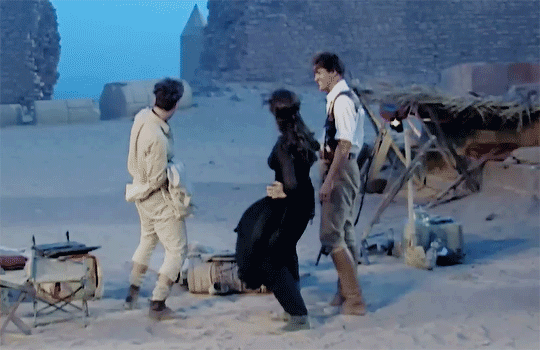
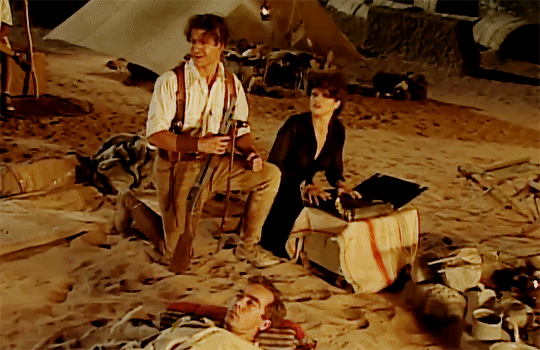

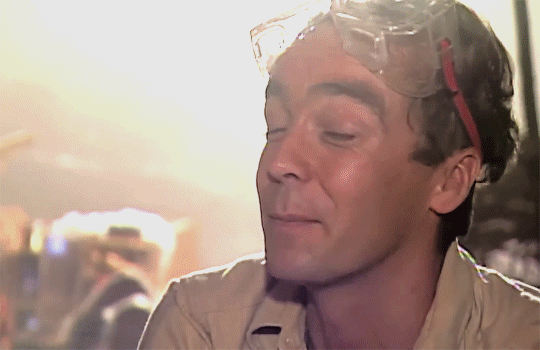
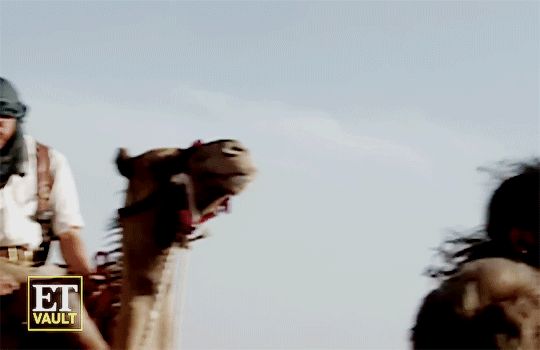
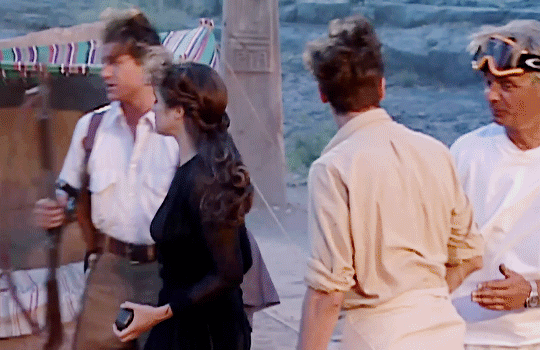
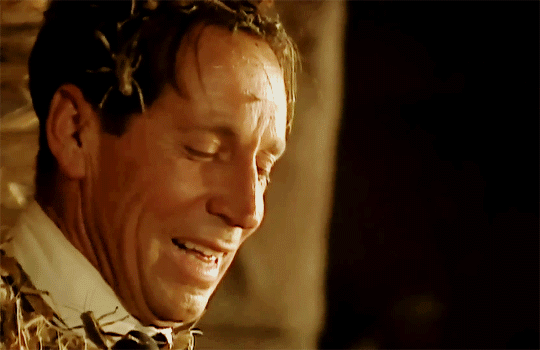
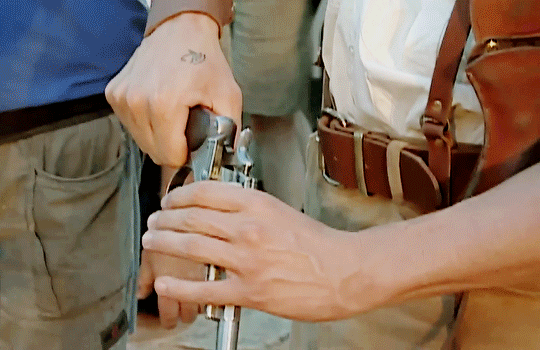
THE MUMMY (1999)
Behind the scenes footage from the set in 1998
#the mummy#rachel weisz#brendan fraser#john hannah#johnathan hyde#mummyedit#themummyedit#filmedit#1990s#evelyn carnahan#rick o'connell#jonathan carnahan#useroptional#mistress-light#userstream#moviegifs#filmandtvdaily#cinemapix#stephen sommers#creations#1k
1K notes
·
View notes
Text
The Sycamore
The #sycamore is not an indigenous #tree to the UK but it is not certain when it arrived. It is not welcomed by every one #nature #woodland #weed
Every autumn the garden comes under attack from hundreds of winged seeds, some resting at a jaunty angle in the soft soil of the lawn and borders, others lying forlornly on the patio. The source of the fusillade is not difficult to discern, a sycamore across the road whose tall structure and broad, rounded crown gives some welcome relief to what is otherwise a non-descript suburban setting.
The…

View On WordPress
0 notes
Photo
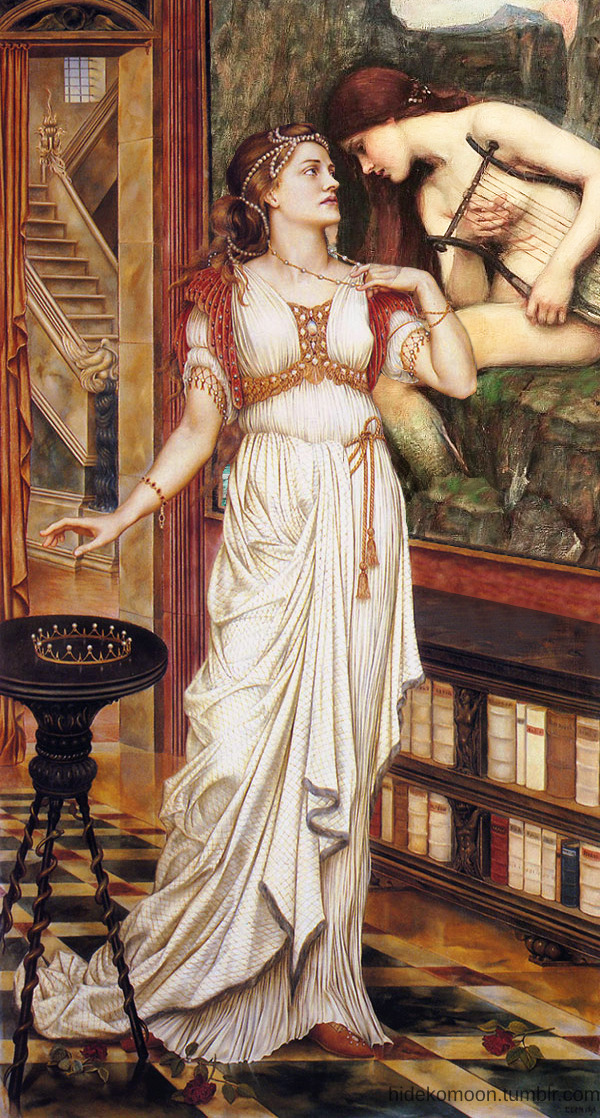
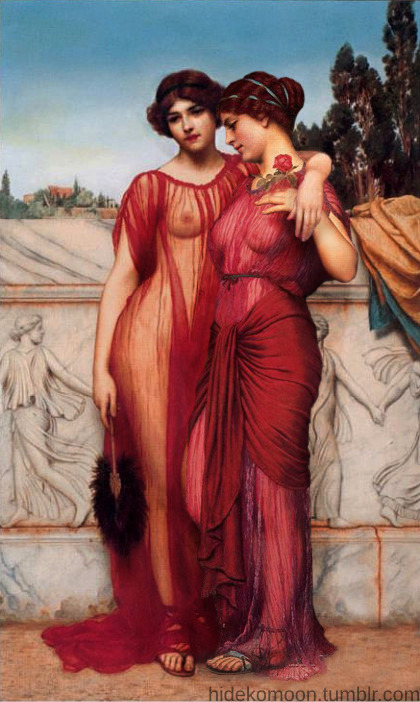
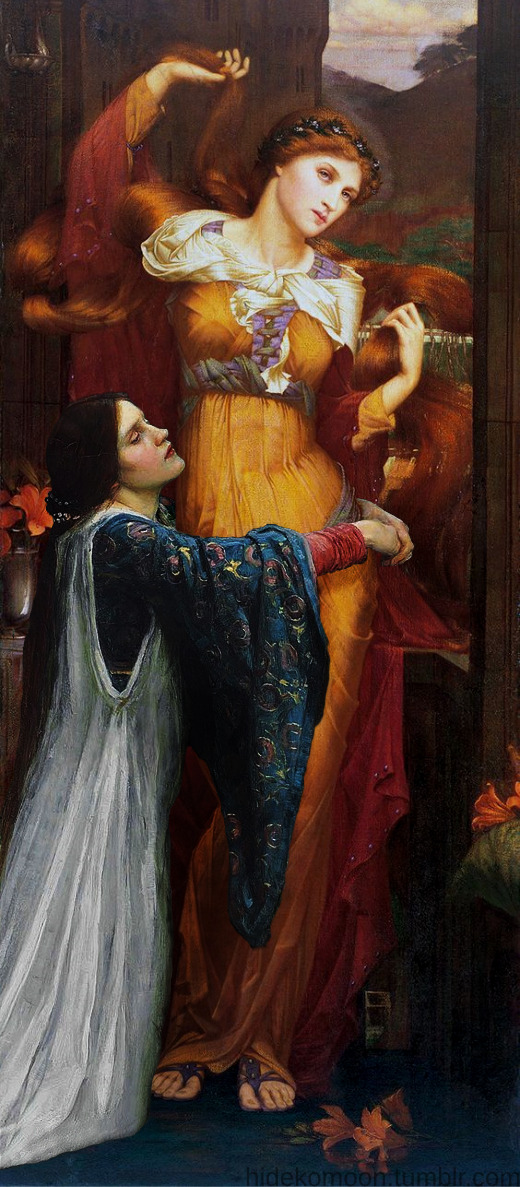
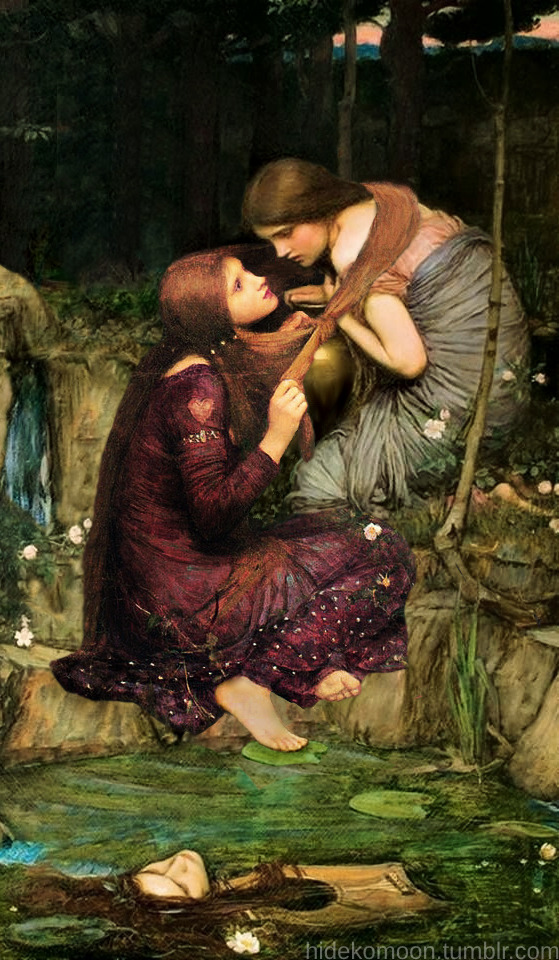

I stole @ultravioletness’s idea and made some painting collages (click for better quality. or not) (my other edits are here)
1. The lady in Evelyn De Morgan’s The Crown of Glory (1896) admires Waterhouse’s Siren (c.1900)
2. Godward’s Athenaïs (1908) and An Offering To Venus (1912)
3. Waterhouse’s Isabella (1907) holds Stanhope’s Morgan Le Fay (c.1880)
4. La Belle Dame Sans Merci (1893) seduces a nymph from Nymphs Finding the Head of Orpheus (1900), both paintings by Waterhouse
5. Waterhouse’s Ophelia (1910) finds Collier’s Sleeping Beauty (1921)
please reblog if you save! (except terfs, “gender critical” radfems and general transphobes, y’all can block me please)
#painting#john william waterhouse#collage#pre raphaelite#preraphaelism#medievalcore#greek mythology#arthurian legend#evelyn de morgan#art history#wlw#lesbian#sapphic#john william godward#academism#mine
5K notes
·
View notes
Text
The fate of Evelyn Miller is so fucking fascinating, I had no idea.
Although Dutch admired him like a saint, his books and writings were heavily criticized by others in the same field as him. Miller wrote very poetic and socially progressive novels (a big deal considering the time period), his empathy and understanding of the world around him was the main reason for the criticism.
He was painted as a fraud and a fool who had ideas far above his station, his books also sparked a lot of controversy in the gang. When Dutch tried sharing 'wisdom' from one of the books, Lenny was especially critical of Miller's philosophies. Lenny also said that Miller was a fraud, a man who came from a privileged life and was pretending to live like a lower class citizen. Dutch took it personally, but carried on reading, he does this in a few interactions with explaining or reading out some of Miller's writing to gang members.
But the interesting part is despite Dutch preaching Miller's philosophies and reading his books to the last letter, he proved to not fully understand the meaning behind the writings after all.
It was shown that Miller was an advocate for nature, the Wapiti, and native Americans in general. He tried to help them with the situation regarding the peace treaty and convinced Arthur to help them too. Miller's allyship with the Wapiti was met with a lot of scrutinization, he was insulted by guests at the mayor's party for sympathising with minorities, but Miller still aided them when they needed it.
And as we know, this is quite the opposite to what Dutch did. Dutch took advantage of the Wapiti and helped fuel the war between them and the army for his own gain. He preached his idea of a fair and free world, but killed innocents and indoctrinated the vulnerable. He preached second chances, but shot without hesitation. He preached loyalty, but left his sons to die.
I could go on, but ultimately, Miller was also critical of himself. He pushed himself hard to write and improve, so much so that he died of starvation whilst trying to finish his last book. His last request was wanting his body to be burned so he could soar in the air with the eagles.
Dutch loving and preaching Miller till his dying day only further cemented the hypocrisy that ran deep in Dutch as a person. He fed on the thrill that came from leading people to a 'better world' - and it killed them all.
#this game bro this game#after playing rdr1 I have learned so much about dutch#dutch quoted evelyn miller before he killed himself#the foreshadowing the subtext the parallels#its insane#god#mick squeaks#mick thinks#mick rants#rdr2#red dead redemption 2#rdr1#red dead redemption#dutch van der linde#arthur morgan#john marston#evelyn miller#red dead redemption community#red dead redemption 2 spoilers#sorry I am yapping
187 notes
·
View notes
Photo
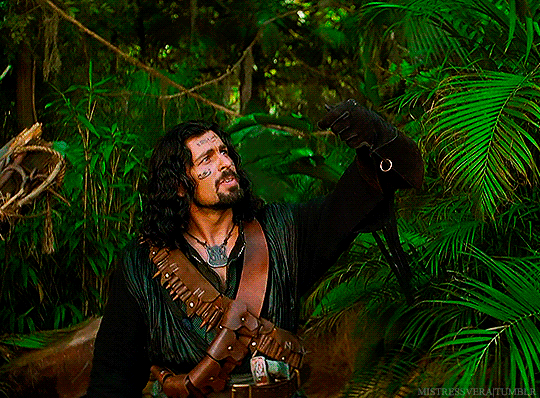


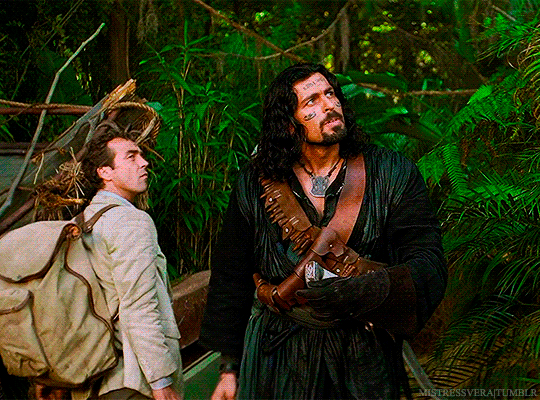
#the mummy returns#themummyedit#ardeth bay#horus#themummyreturnsedit#jonathan carnahan#evelyn carnahan#ardethbayedit#filmgifs#filmedit#fyeahmovie#oded fehr#john hannah#perioddramaedit#perioddramasource#the mummy
3K notes
·
View notes
Text
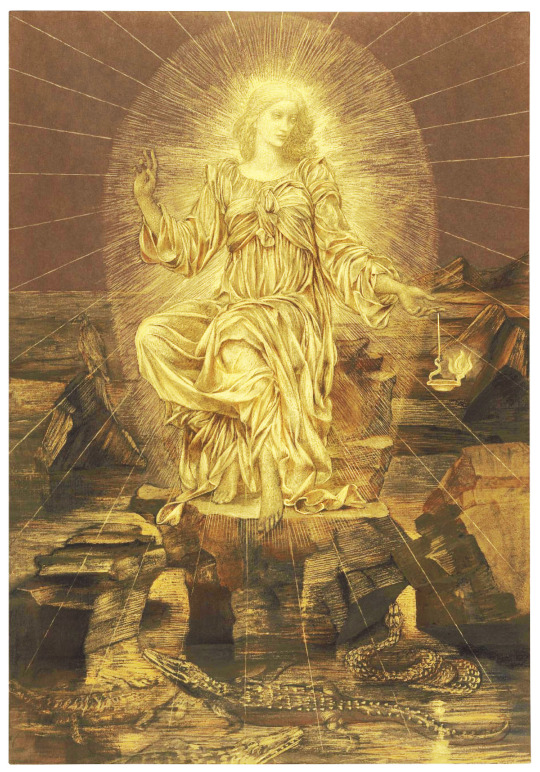
Evelyn De Morgan (1855-1919), 'The Light Shineth in Darkness and the Darkness Comprehendeth It Not, no date
"De Morgan derived her inspiration for this drawing from the Gospel of St John, Chapter 1 Verse 5. This follows the story of creation and the emergence of God from nothingness, reflecting on the triumph of light against darkness. Christian doctrine is clearly present in many of De Morgan's works, and several of her paintings employ biblical titles and themes. From around 1910 her paintings show a shift into the use of more ambiguous spiritual imagery. De Morgan's mother-in-law, Sophia De Morgan, was a Spiritualist who had a profound influence on the artist's personal beliefs and style; particularly in her later career.
This drawing shows a heavenly figure of light exquisitely rendered in a blaze of gold. She is holding a lamp in her left hand, whilst showing the sign of benediction in her right. Rays of light radiate out to fill the whole composition, brightening the dark landscape and illuminating snakes and reptiles who lurk below in the gloom. This work relates to De Morgan's 1895 oil painting Lux in Tenebris…whose title also derives from the Gospel of St John. In Lux in Tenebris, the heavenly central figure is dressed elaborately in gold and holds a laurel branch, whilst two crocodiles circle below. In 1906 De Morgan also painted another oil titled The light shineth in the darkness…featuring a similar composition, but instead of reptiles at the angel's feet there lie three naked figures, shackled to rocks and blinded by despair.
Though De Morgan exhibited and was known as an oil painter, she used gold drawing on dark paper throughout her career. There are fourteen known works in this medium. The contrast between the black paper and gold paint makes these jewel-like pictures singular within her oeuvre."
Source
#evelyn de morgan#english artists#english painters#pre raphaelites#Gospel of St. John#gold compositions#vintage art#vintage illustration
178 notes
·
View notes
Text
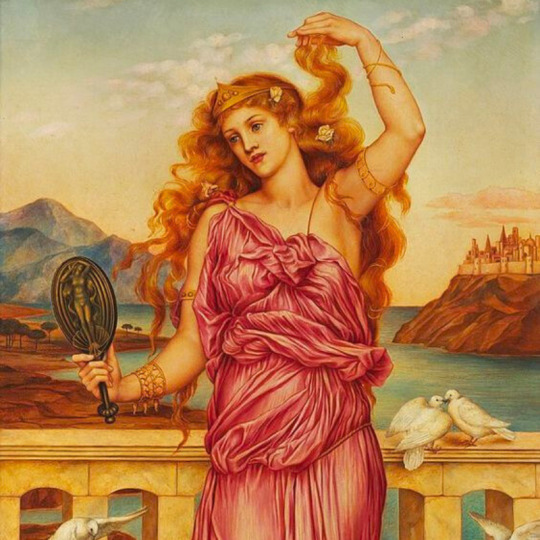
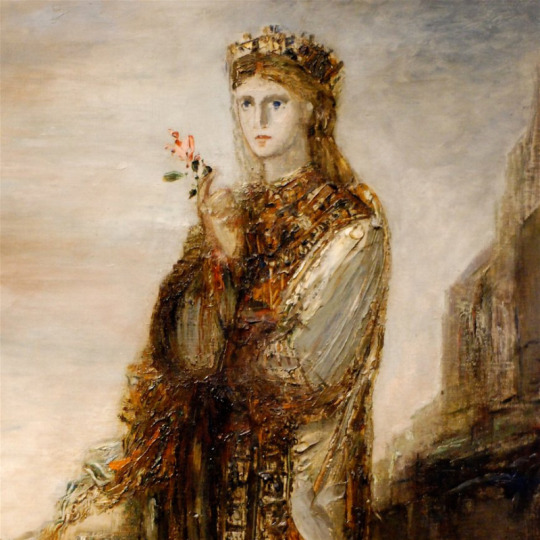


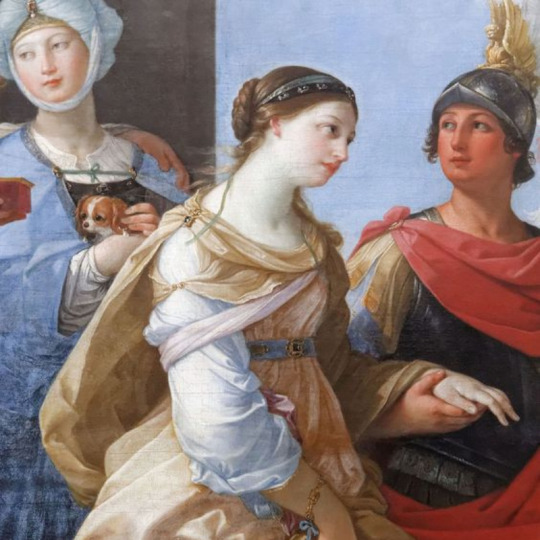
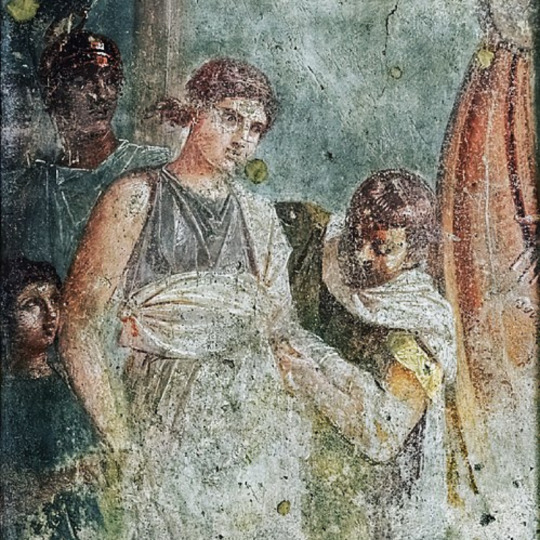

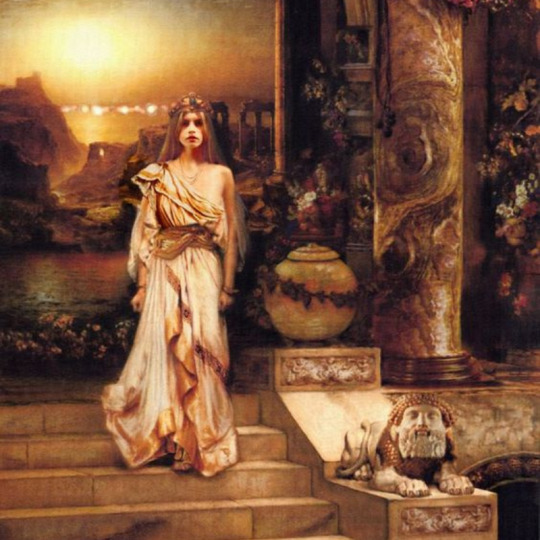
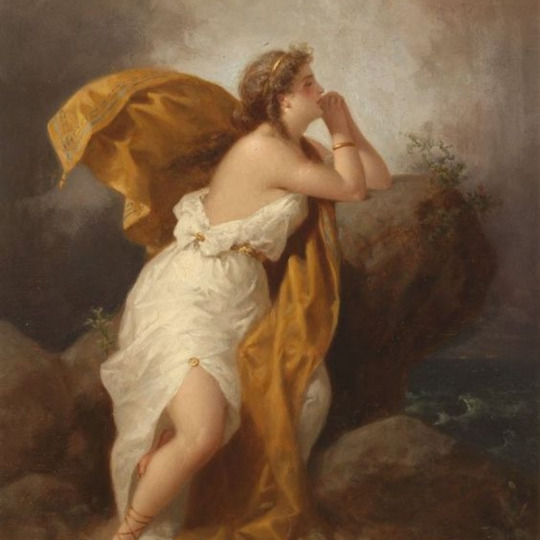

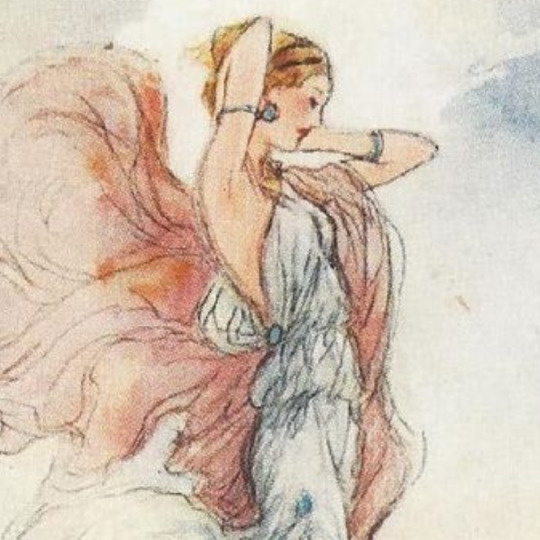
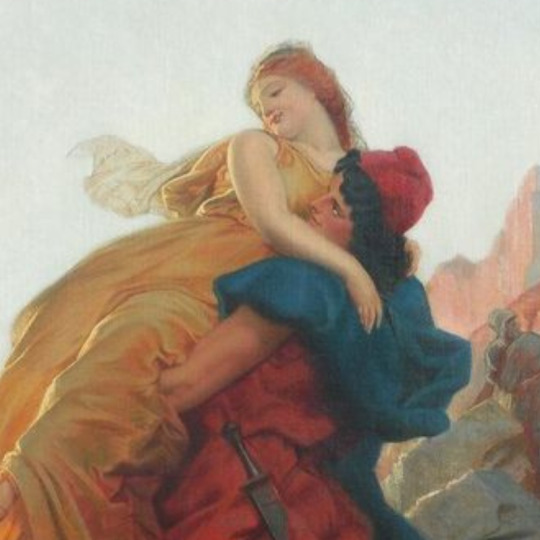
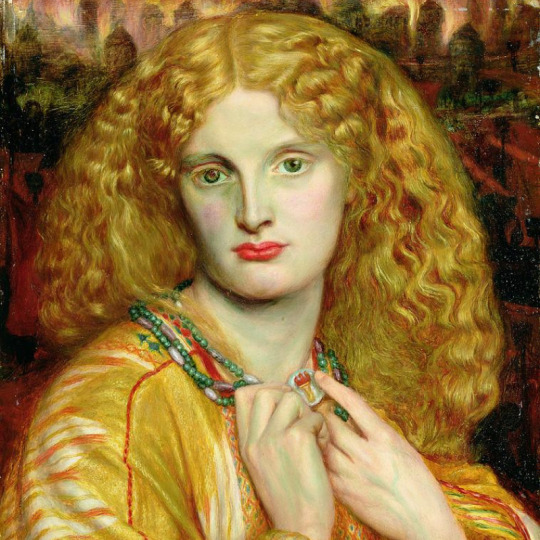
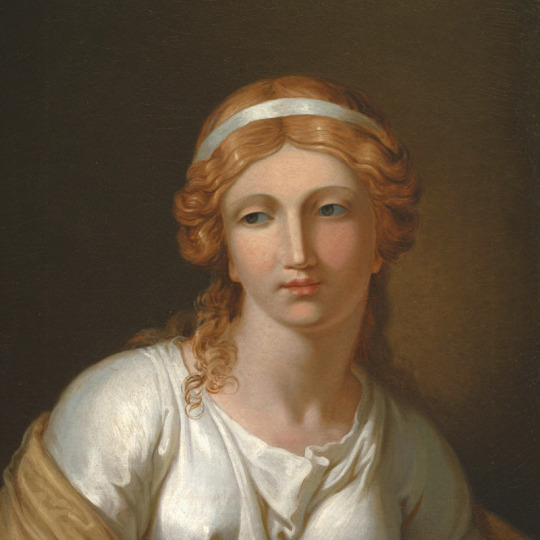
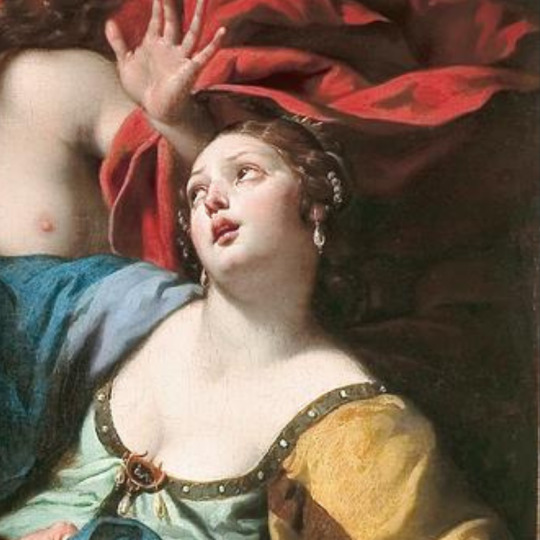
women in art: helen of troy
#artist is evelyn de morgan#artist is gustave moreau#artist is gaston bussiere#artist is frederick augustus sandys-walker#artist is guido reni#unknown artist#artist is jacques-louis david#artist is howard david johnson#artist is enrico fanfani#artist is edward john poynter#dont know the artist#artist is rudolf friedrich von deutsch#artist is dante gabriel rossetti#artist is johann heinrich wihelm tischbein#artist is luca ferrari#art history#greek mythology#helen of troy#trojan war#art#ancient greece
577 notes
·
View notes
Text
When it comes to Dutch Van Der Linde and Evelyn Miller, it is natural that there are going to be parallels, such as they both excuse their suicides by not being able to fight their own nature, as Dutch was an avid follower of Evelyn, however it goes way deeper than that.
The main theme of the three Evelyn Miller books is that man is a creature of both action and thought, if he was just action he would be animal, was he just thought he would be god, however America in its attempt at bettering itself has denied itself thought and descended to the way of animals and as such is being led by a desire for desire for earthy possession to its death.
"Men are fixated on greed, on desire, and on the acquisition not of experiences or pleasures but the ability to acquire. People are fixated on wealth. Man is reduced to the desire for desire. Wanting is all that matters. Not loving, not being, not having, but wanting. We are killers for desire."
Man does not want something, the man wants to want, and while it has cut itself from thinking, it has cut itself from loving, from feeling, from being. And while Dutch seems to want to change this America and slowly descend into the wanting man, he was always the wanting man.
While the want for a better world seems to be making Dutch a better man than a person like Colm who simply desires money, it is not truly the only desire he has. Dutch shows desire from the very start from the small thing.
He has a stunning woman like Molly who has given him everything, yet he wants a young girl like Mary-Beth whom he practically raised.
He has, yet he still wants.
Throughout the game, Dutch asks for loyality, for faith, but he cannot get more for the entire camp has given it to him, they have given him their life for him to lay in the ground should he so wish. He has it, yet he wishes for more, he asks for more, and as he asks for more he gets less. It is his constant asking, pleading as if he has the right to their lives that causes them to take it from him. They realize his greed and withdraw because it isn't that they will not give more, it is that they cannot.
Dutch is the symbolism of the America that Evelyn Miller hates, the man who takes and takes, the man who does not desire for anything other than desire itself. Even with all the talk of heroism and ideolism, he is as much as a slave to desire as the America he has vowed to hate.
"For inside, he is nothing, so all that moves him, all that he understands is the external, the great churning sea of desire. It is not freedom. It is an impression of freedom for people who have not the capacity to see further. And why can they not see further? Because they have not been taught to see."
He might be aware of this desire, because he knew that like a drug he was addicted to desire and if not freed he would lose himself. He reads Evelyn Miller not for the chance of a better world but for the chance of an out. He knows he is empty, he knows he is desire and he wishes to be freed from it.
He watches as he hurts, he watches as he pushes away all those around him because desire overtakes him. While freedom from the desire he is a slave to seems better, the urge to continuing the search is stronger, continuing to desire is stronger, what morphine is to Swanson, desire is to Dutch, while Swanson found salvation, Dutch found a steep decline.
"Mutate us into thinkers who can never quite think for we have been denuded of the ability to feel?"
For in the end Dutch lost himself, his desire took away his ability to feel, his emotions, in the end Dutch's desire to desire became stronger than his desire to help his family, his people, the people he had vowed to protect. He would rather sacrifice those whos trust he had gained and had abused, yet continued to demand, than he would sacrifice his desire for desire.
"We are not fools, for fools cannot see their idiocy. We are somehow, worse than fools, for we will ourselves to do things of such profound stupidity despite knowing that we hate what we have built.-" "-we are as Adam, eating once more of the apple, only this time knowing full well of the consequences."
Dutch continues to rage on, he continues to hurt, he continues to demand faith, loyalty and life knowing that he hurts those around him, knowing what the outcome will be, however he cannot stop. He is a fool for he knows the outcome will not be good, he knows he is driving Arthur, John and Susan away, he knows that they are finally starting to see who he is, whom he has always known he is but has hidden from their sight, fearing that they will leave him. His desire for unending loyality is as based in fear as it is in desire itself. He needs them to rely on him to be able to feel achieved, to be able to justify his desire and mask it as a search for a better world.
And while Dutch may be aware of this, he has yet to admit it as Evelyn does in his final book which he died writing.
"But still my thoughts came upon me like wolves. My needs swamp me. My desires overwhelm me."
But what came of his desires in the end, at the end of his life? His desire had changed, while he still desired, he did not desire for desiring, he desired for an end, for the hurt to stop, he had seen what he had caused yet he could not admit to it openly. In the end he jumped because he could reach his desire without breaking the facade that he had build.
"I ran mostly because I am a terrible coward, but also in part because I was searching for something. In this way, I was both vain and a coward."
Is part of Evelyn's final book, he admits his cowardism and while Dutch never came to read this and would never have admitted to his own cowardism, he would have understood, however not in the way that Evelyn Miller wished to be understood because that kind of understanding required self awareness and acceptance that Dutch could never dream of achieving.
Evelyn Miller swore to finish his book before eating and as the book did not come together he knew that his end was near. While food was laying in his cabin he had the strength to starve himself to death, he had the strength to be able to stick to the promise he had made, and he knew he was dying because he wrote that he wished to be burned so he could fly with the eagles rather than rot in the ground with the worms, and as so he did.
Evelyn's death might seem foolish, because how can he continue on his desire when he is dead? But the truth is that from an academic point of view it makes sense because he pursued knowledge not for the practical use but for the beauty in it. He died searching, he died following his desires yet his death was not his final desire. He knew that by sticking to the promise that he would not eat before he had finished writing meant that he would never be able to continue searching, he would be obstructing himself from ever pursuing his desires again and because of that he freed himself from them. In his death he was free from his desires and he gained the freedom of the eagles he wrote about in his final wish.
Dutch on the other hand, his desire was death, he gave in to his direct desire and because of that he was trapped by them even in his after life, he was trapped to the mortal desires in death and as such trapped to the ground with the worms while Evelyn were free to roam the skies.
#rdr2#rdr2 community#red dead redemption 2#arthur morgan#rdr2 arthur#john marston#rdr john#dutch van der linde#red dead redemption community#rdr2 john#evelyn miller#red dead fandom#rdr2 dutch
117 notes
·
View notes
Photo


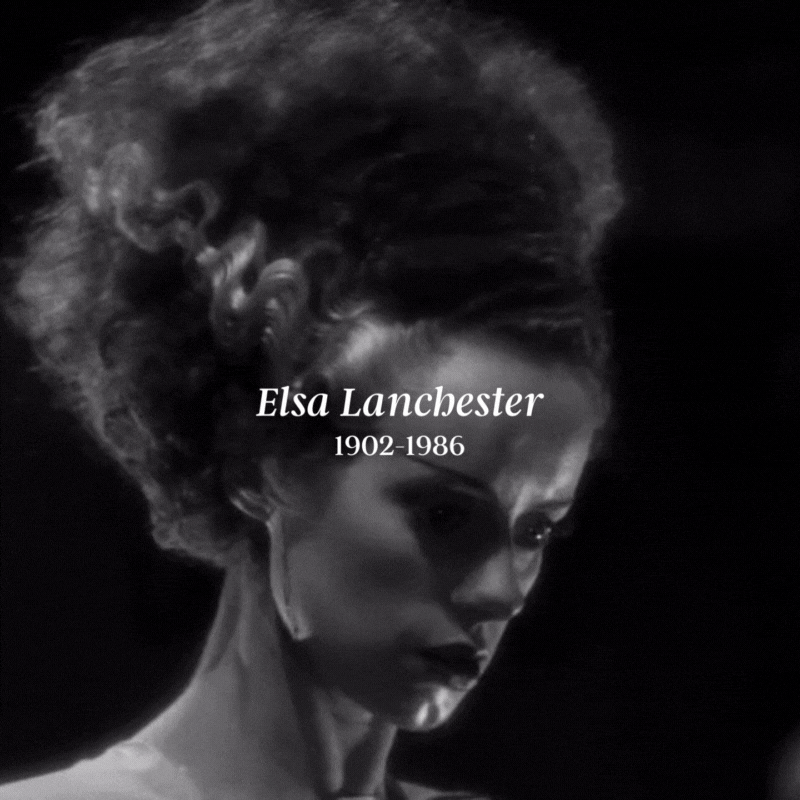
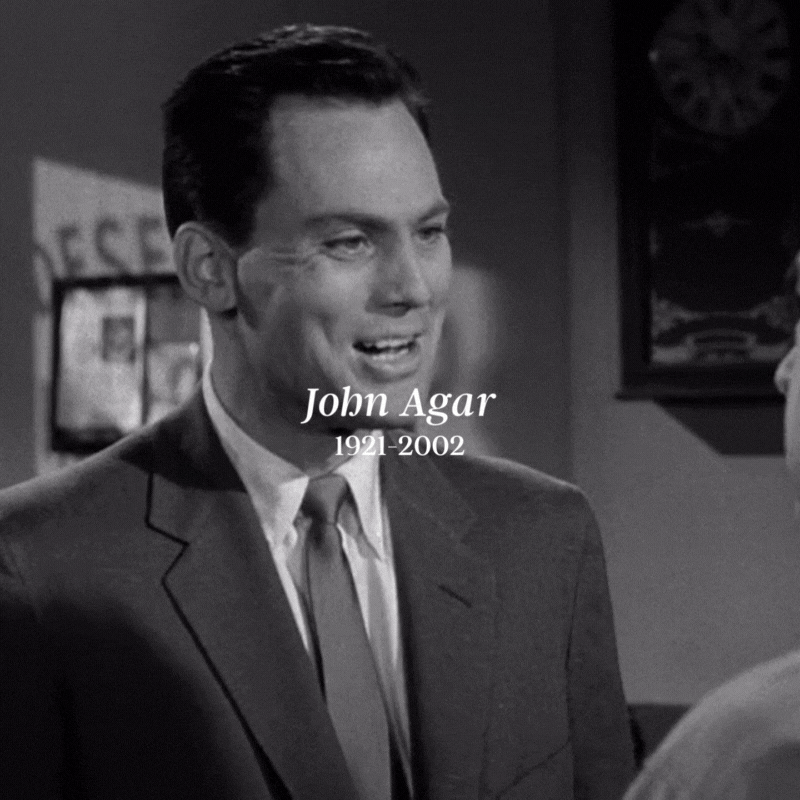

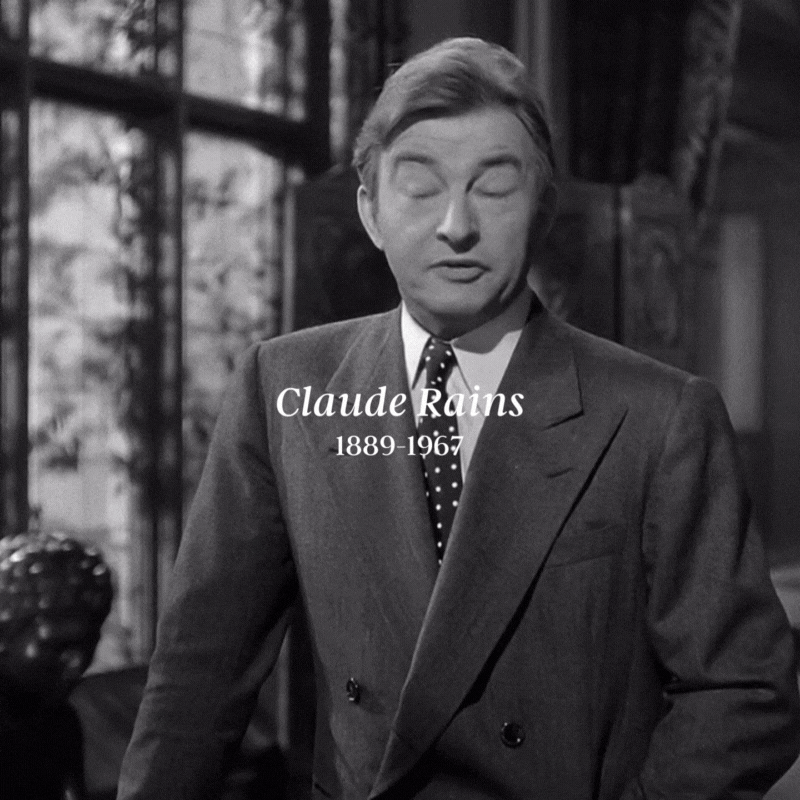
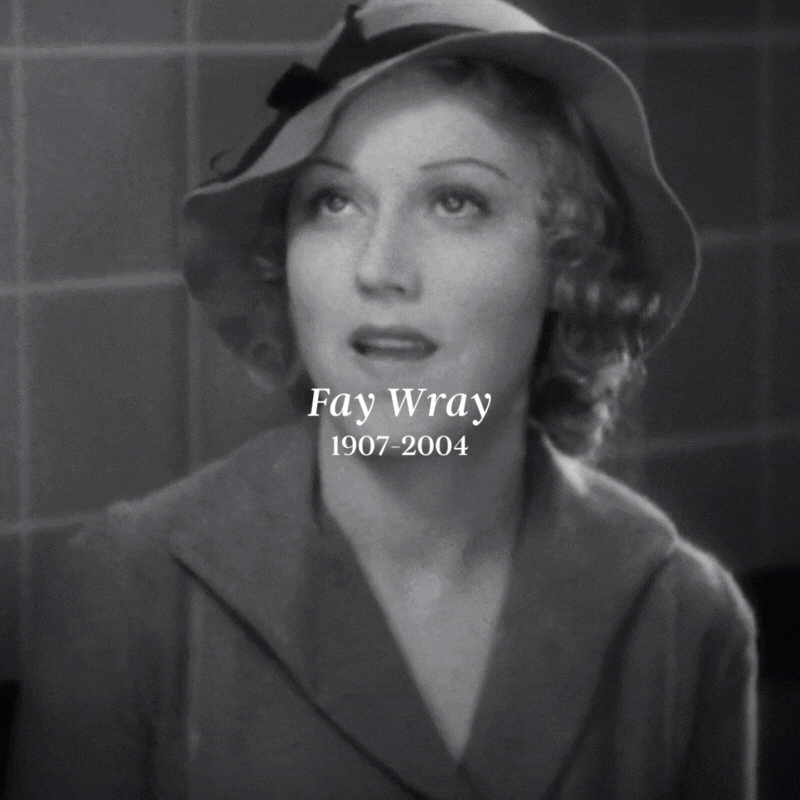
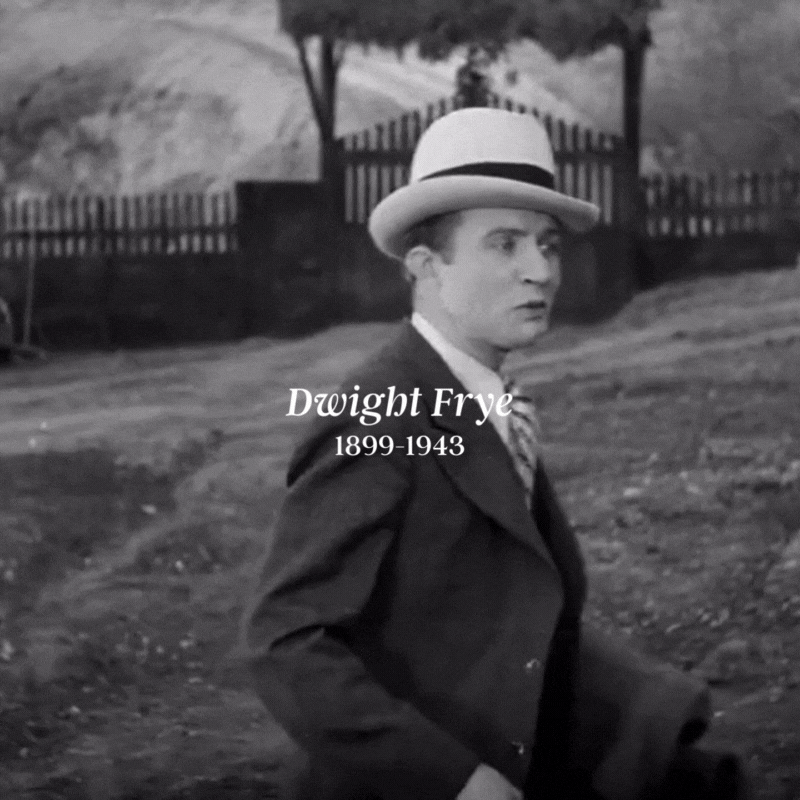
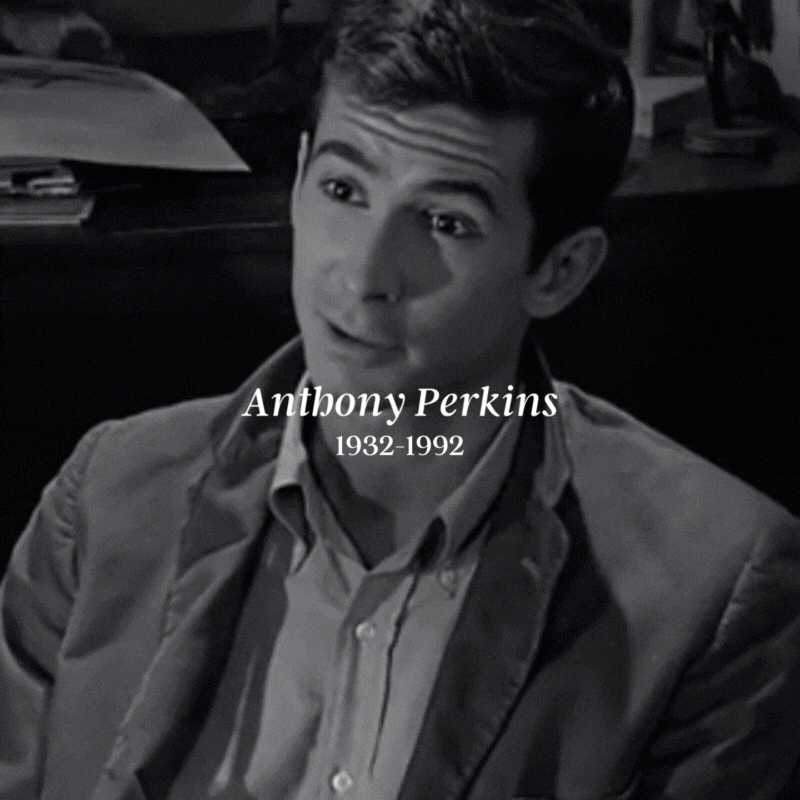
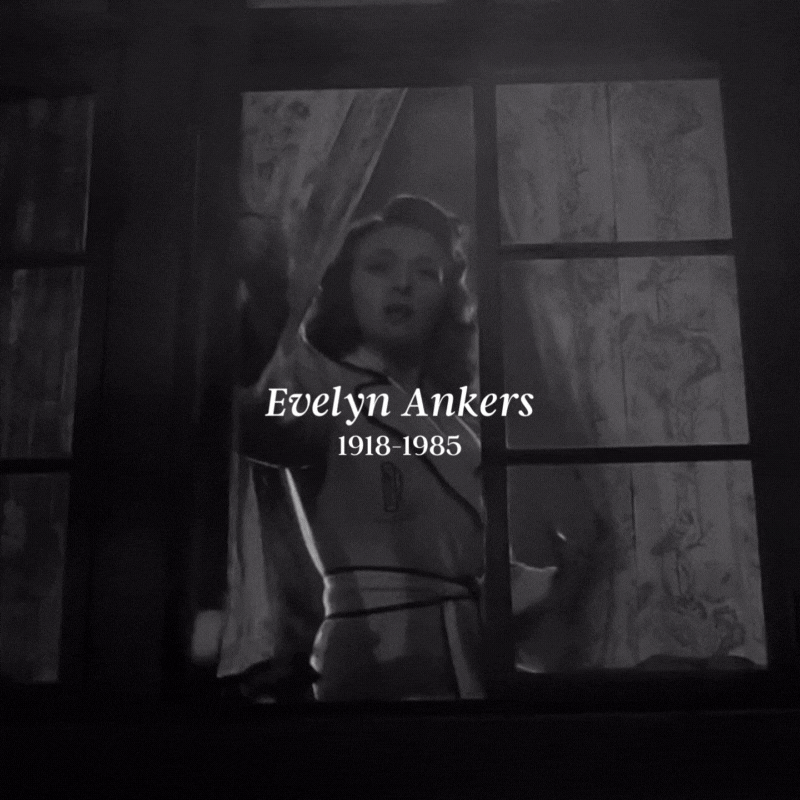
more legendary faces of horror
#wanted to make another post for the older horror actors since sometimes they're overlooked#horror#horror movies#max schreck#obviously the first vampire is going here#peter lorre#elsa lanchester#john agar#he was the man of scifi horror#vera miles#the first final girl is going on the list#claude rains#fay wray#i call her the monster horror icon#dwight frye#anthony perkins#evelyn ankers#moviesedit#horroredit#filmedit
1K notes
·
View notes
Text
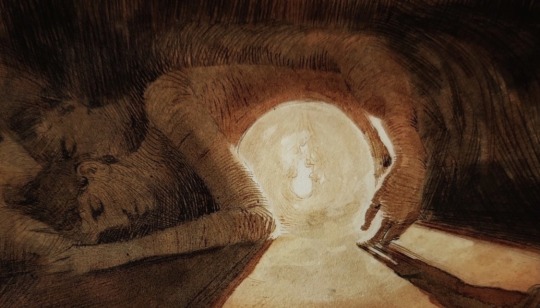

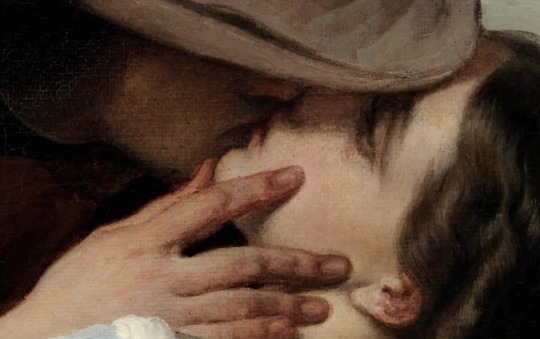


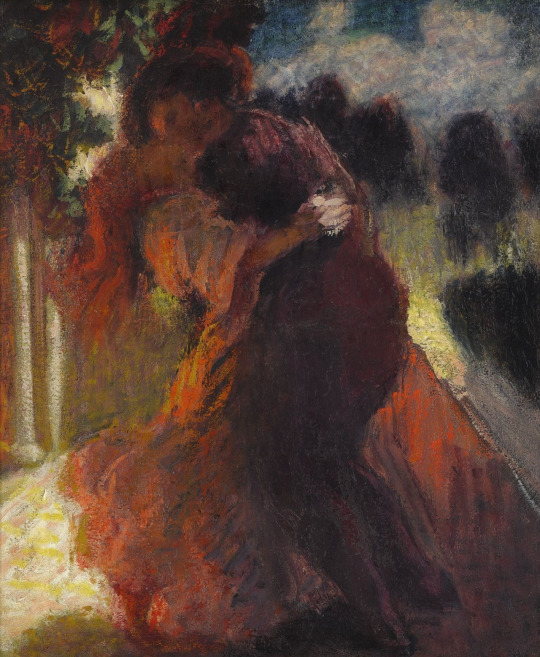
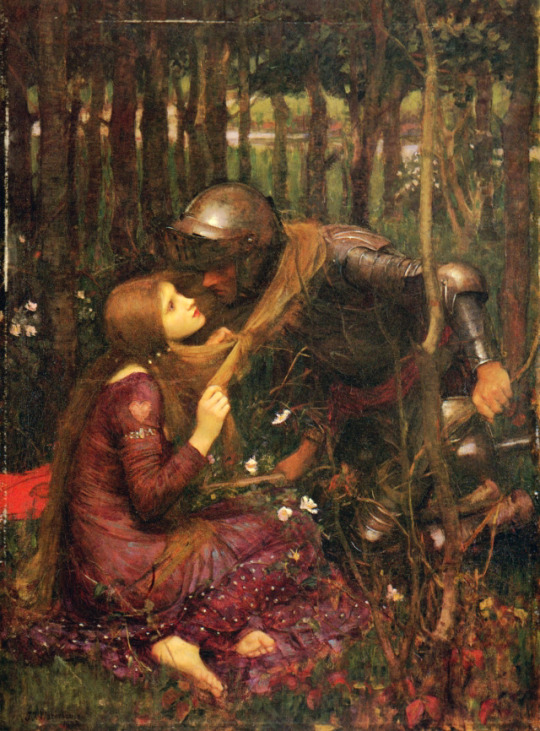


perhaps this very holding back is the one suffering you could avoid
miles johnson // richard siken // francesco hayez // mitski // @anouri // roderic o’conner // john william waterhouse // evelyn waugh // egon schiele // franz kafka
#love as physical touch#on fear of intimacy#perhaps this very holding back is the one suffering you could avoid#web weaving#miles johnson#francesco hayez#roderic o’conner#john william waterhouse#evelyn waugh#brideshead revisited#mine
1K notes
·
View notes